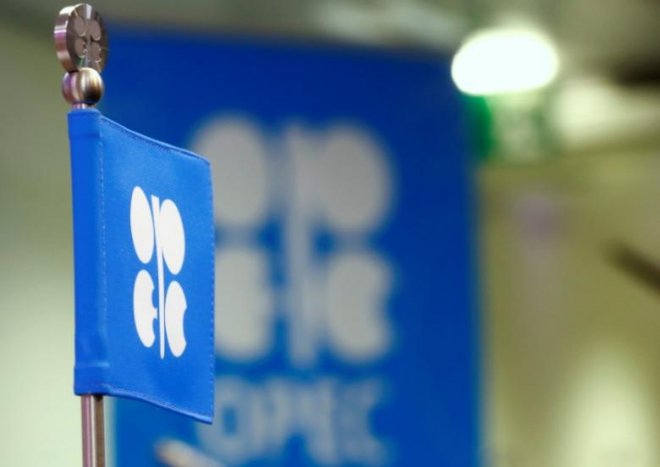
Oil prices surged more than 12 percent after producers' cartel Opec agreed to the first output cut since 2008. Oil rallied past US$50 a barrel after the Organization of the Petroleum Exporting Countries, alongside Russia, committed to an output reduction of more than 1.2 million barrels a day.
Consensus had eluded recent Opec meetings that discussed a output reduction as a means to address the supply glut in the market primarily because of political differences between major members Saudi Arabia and Iran.
Wednesday's landmark decision came after Riyadh and Tehran finally papered over the differences. Russia had agreed to an output reduction contingent on the Opec reaching a unified stand. With Moscow committing an output reduction of nearly 300,000 barrels a day the major producers have now lined up to put in place a brace for the falling prices. The output cut will come into force on January 1 and will remain in place for six months.
Though oil markets received the news with a robust price rally, analysts are not certain if the effects will last long. They think the non-Opec producers might want to fill in the output gap ad increase their market share. Again, going by past experiences, the output reduction path is treacherous, with members often flouting the norms.
"If higher prices bring higher output, prices will not remain up for long ... It won't be long before we're back where we started," said Jim Krane, a Middle East energy analyst at Rice University, according to NYT.
Goldman Sachs analysts echoed the same sentiment. "We do not believe that oil prices can sustainably remain above $55 per barrel, with global production responding first and foremost in the U.S.," they said in a note, according to Reuters.
On occasions in the past, Opec's attempts at controlling the oil prices met with disastrous consequences. The latest declaration might practically make no difference, according to some analysts. "Supply in December will increase while demand is expected to decline. This makes the foundations of a strong price advance unstable, if not dangerous," commodities brokerage Marex Spectron said.
"We anticipate oil prices will likely remain rangebound between US$50 and US$60 per barrel over the next few years," said Rob Thummel, portfolio manager at Tortoise Capital, added.
However, Opec leadership said they believe the cartel can effectively engage the market. The output agreement shows that "the weight and resilience of OPEC is still there and will continue to be," pec chief and Qatar energy minister, Mohammed bin Saleh al-Sada, said.









